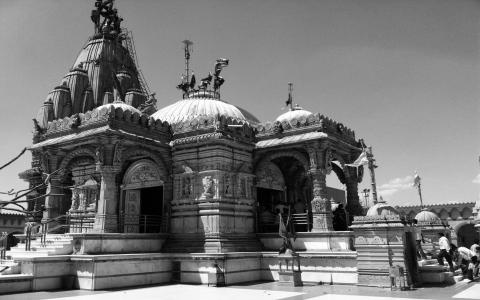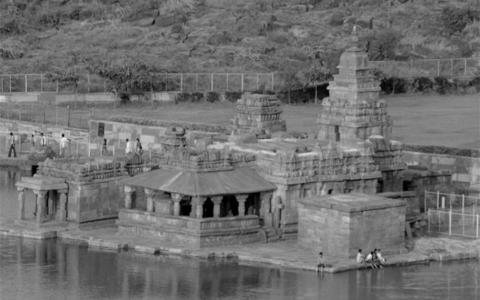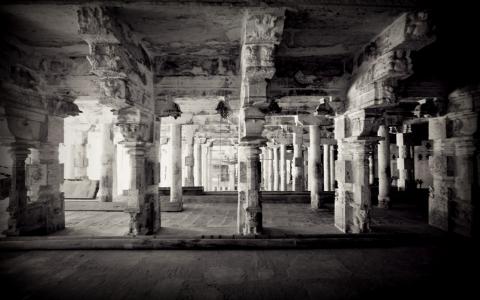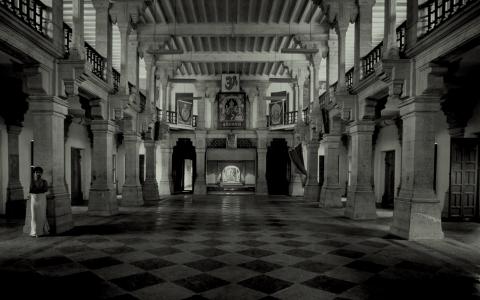
Traditionalism
Sri Virupaksha Shastri would conduct himself like he epitomized the Shraddha or conviction in the Shastras, Karma, and virtue. Puja thrice everyday in his home. The Ekadashavara RudrAbhishekam was performed every Monday and Suryanamaskaram on Sundays. Numerous Vratas. Given this, he would mostly eat only once a day.
On one occasion during lessons, he exposited for half an hour on the sentence, “avidyAvadvishayAni shAstrANi” found...

Felicitation
The India Government awarded the Mahamahopadhyaya title to Sri Virupaksha Shastri. Our [Mysore] Maharaja awarded him the Vidyanidhi honorific.
And so, in order to express our joy at this, we constituted an Award Committee. B.V. Lakshman Rao (who has been mentioned earlier) was prominent in this Committee. The Award ceremony was fixed at five in the afternoon on a Sunday.
Sri Shastri’s Objection
That day at about four, a few of us...

Lessons in Brahmasutra Commentary
I had requested Sri Shastri to instruct me in [Adi Shankara’s] commentary on the Brahmasutras[i]. Equally, I had requested him to train me in two or three other Vedanta commentaries that I hadn’t seen so far, and entreated him that I had set aside two years for this Shastric study. He said that that period was insufficient. I said, “Let it go on for two years; if required, we can extend it for an additional six...

Around 1922, Hanagal Virupaksha Shastri was a Vidwan in the Shankara Matha in Bangalore. He taught Advaita Vedanta. Back then his colleague was “Mimamsakanteerava” Vaidyanatha Shastri. He taught Purvamimamsa.
Both belonged to the galaxy of eminences. Not only had they touched the pinnacle in their respective Shastras, they were endowed with deep scholarship in Tarka (Logic), Vyakarana (Grammar), Sahitya (Literature), and Veda. We can regard them...
